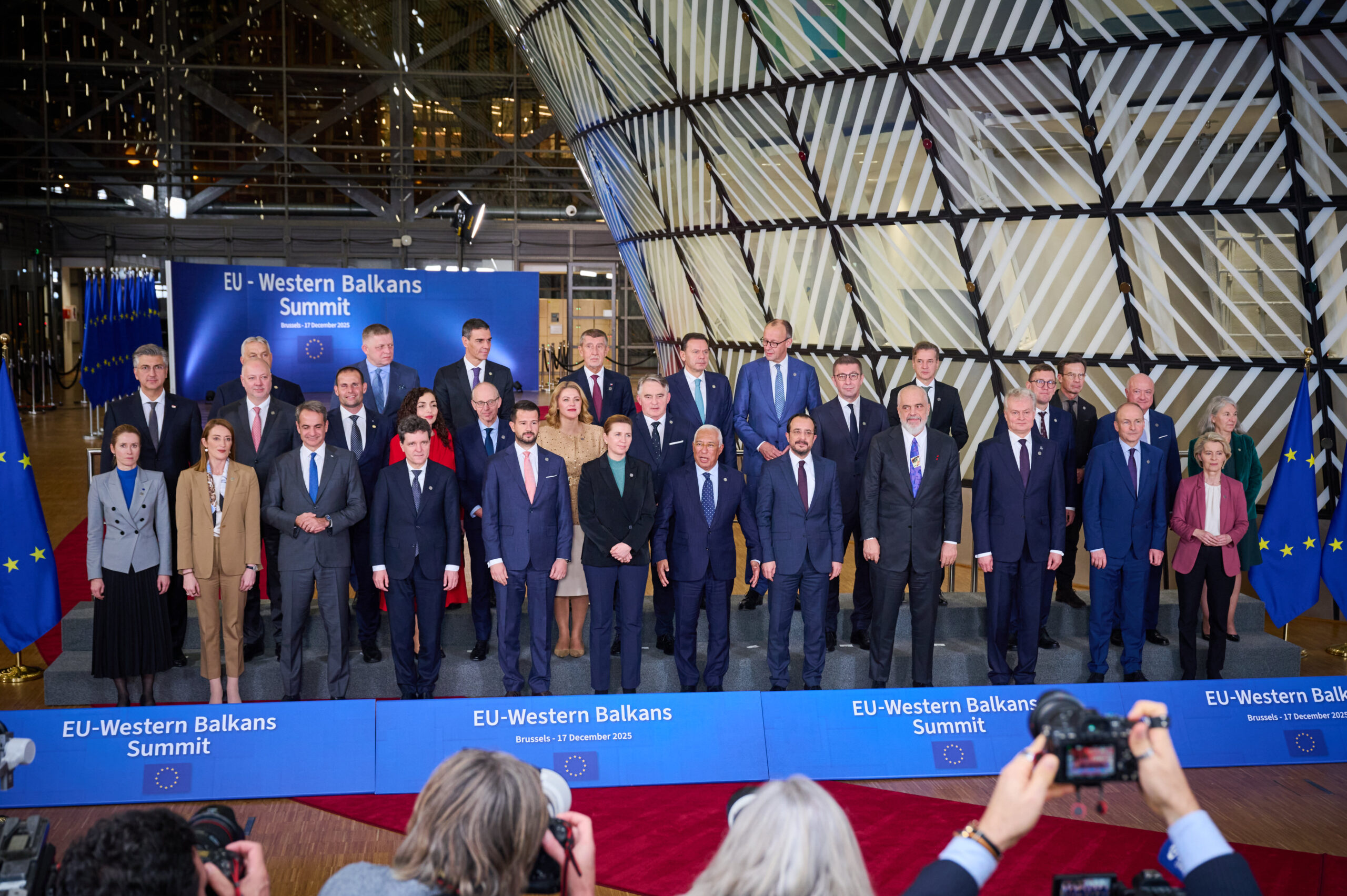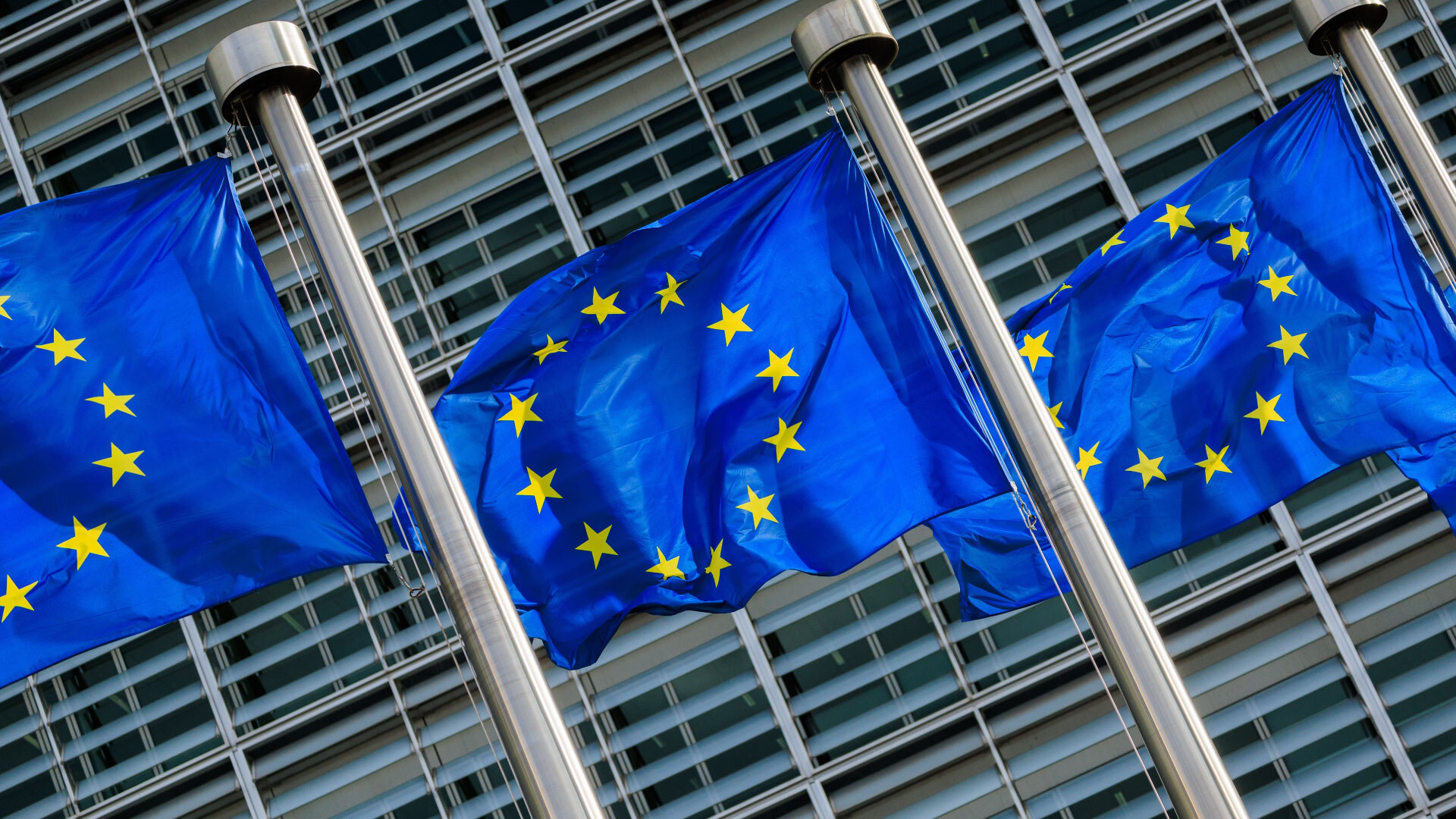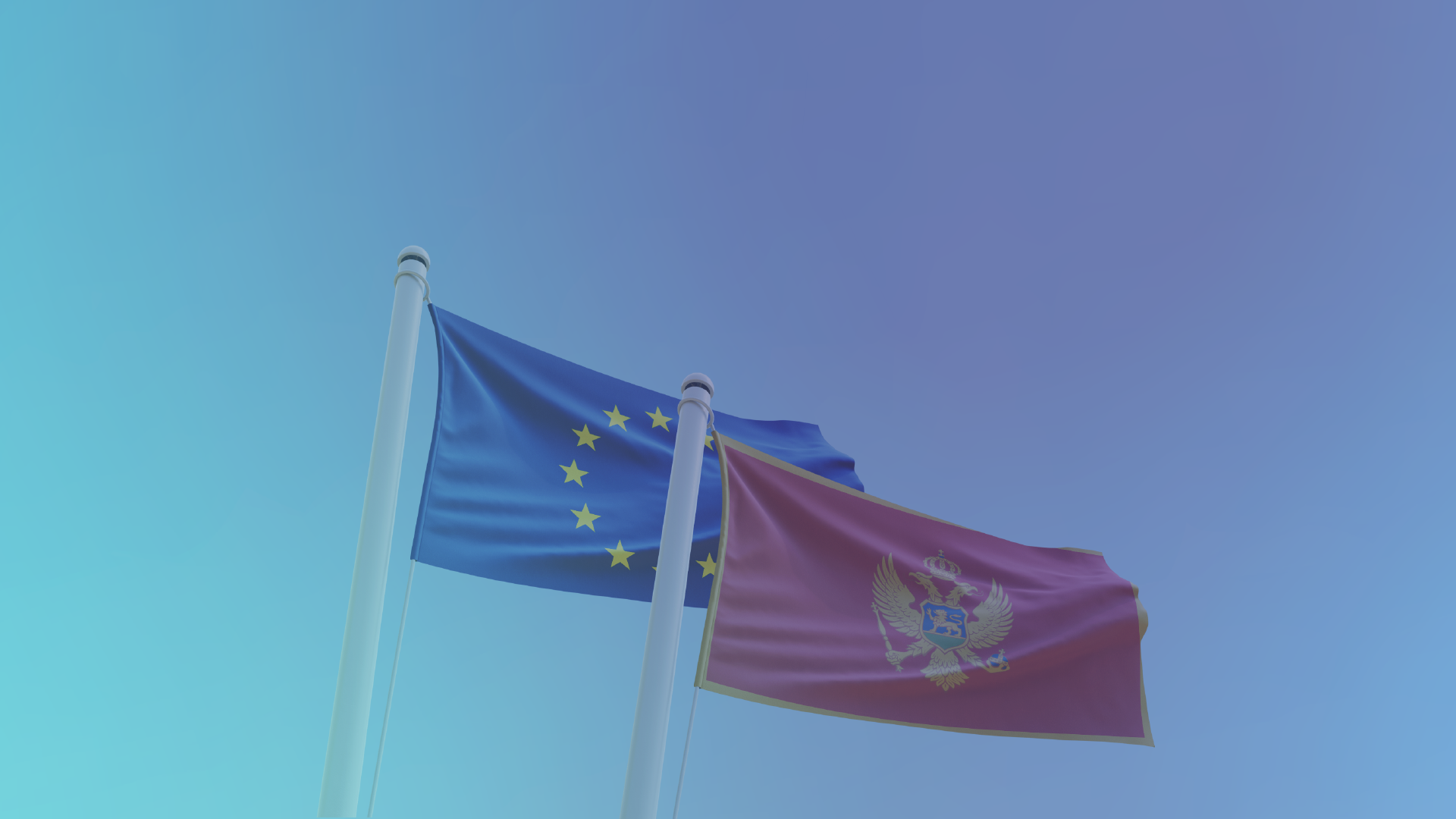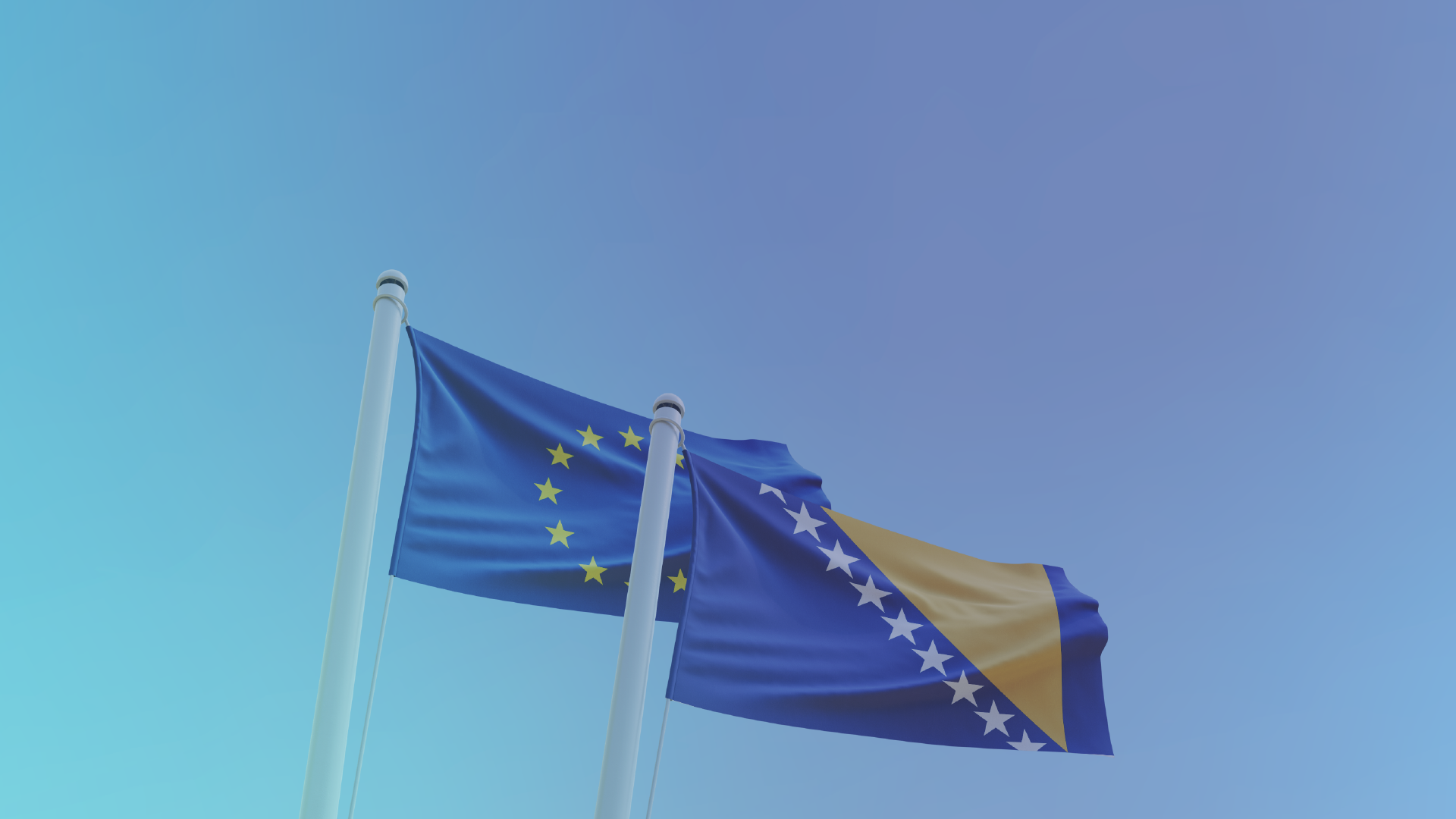New study shows resilience and response in EU neighbours during pandemic crisis

New study shows resilience and response in EU neighbours during pandemic crisis
A new study from the European Training Foundation (ETF) and Eurofound demonstrates the resilience and response that citizens in the EU and ten EU neighbouring countries faced during the COVID-19 pandemic. The report, Living, working and COVID-19, shows that despite the challenges, citizens from Albania, Georgia, Jordan, Kosovo*, Lebanon, Moldova, Morocco, North Macedonia, Palestine*, and Tunisia remain optimistic.
The findings underscore the importance of investing in education and the potential of teleworking as a tool for work-life balance and flexibility and provide a roadmap for citizens in the EU neighbourhood to build a better future for all.
The report confirms the role of skills development for citizens in the EU’s neighbourhood to create a better future for themselves and their communities. With the imminent European Year of Skills, the report is a call to action for the development of essential skills. The EU’s initiative will support small and medium-sized enterprises in addressing skills shortages and promote reskilling and upskilling of the workforce to boost the EU’s 2030 social targets, which include 60% of adults participating in yearly training and 78% in employment.
The ‘Living, working and COVID-19’ survey, first launched by Eurofound in early 2020, aims to capture the wide-ranging impact of the pandemic on the work and lives of EU citizens. The fifth round of the survey, which was implemented in spring 2022, also sheds light on a new uncertain reality caused by the war in Ukraine, record-high inflation, and sharp rises in the cost of living. The Eurofound-ETF report provides a comprehensive picture of the impact of COVID-19 on the lives and livelihoods of people in the EU and its neighbours.
Source: ETF
Photo credits: ETF



